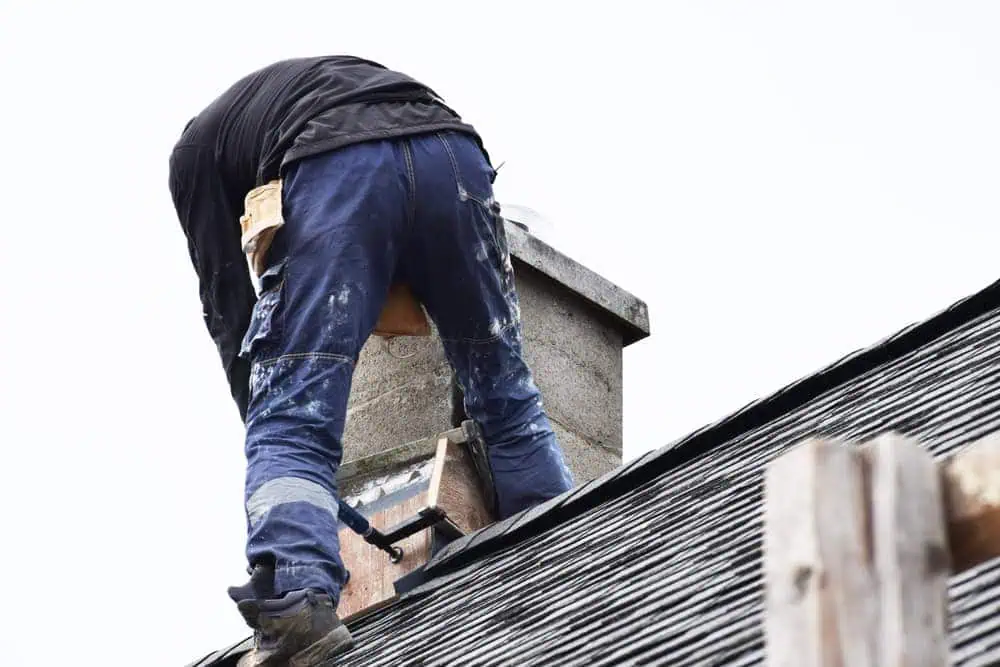Chimney Repair in Concord, MA
Timely chimney repair is crucial for preventing fire hazards and ensuring efficient operation, and Academy Masonry offers comprehensive inspection and repair services in Concord, MA. They provide services including relining, masonry repair, and cap installation, using high-quality materials and techniques. Choosing Academy Masonry ensures reliable and durable results with a commitment to transparent communication and customer satisfaction.



